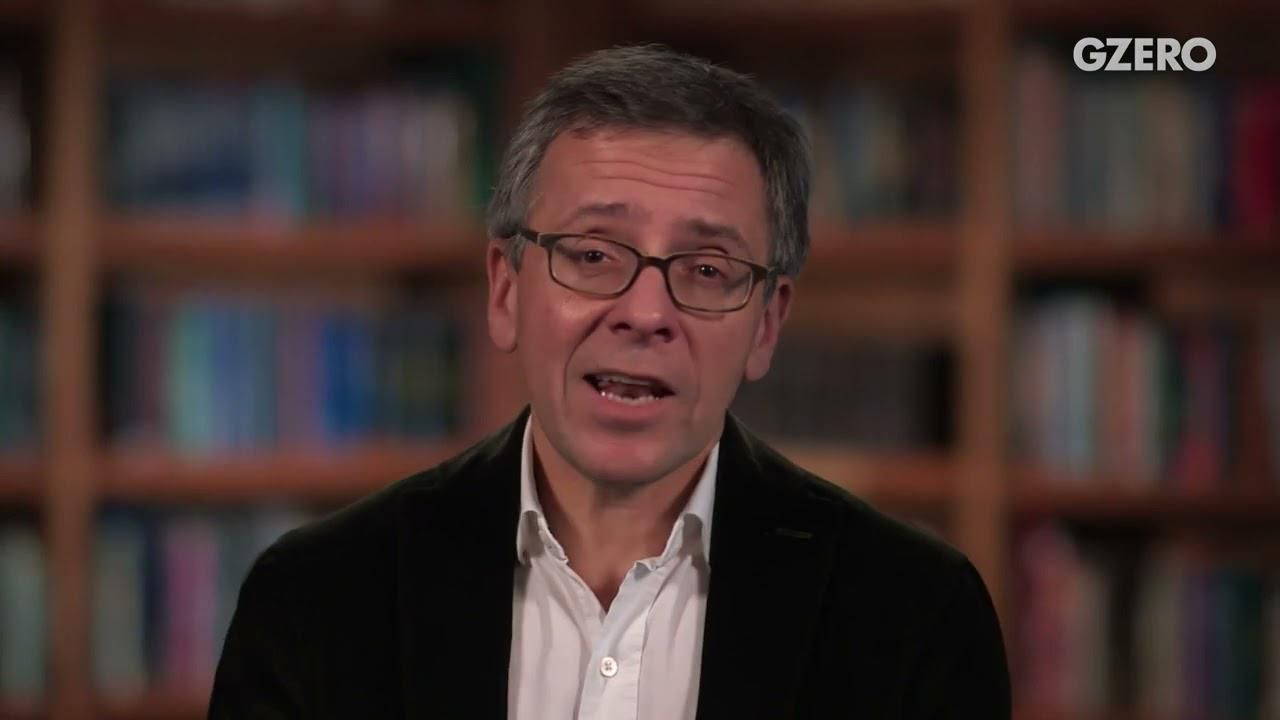
Ian Explains: America Down, China Up | GZERO World
Who said last year that the biggest source of chaos in the present-day world is the US?
Not the leader of Russia. Not of North Korea. Not even of Iran.
It was Xi Jinping, who believes America poses a major risk for China.
The US feels the same about China. And while the two probably won't go to war anytime soon, ties remain tense. What's more, China has become so powerful that its political system is now accepted by all.
While China’s economic growth has been impressive, even during COVID, the pandemic has widened inequality and political divisions in the US. For Beijing, it's a sign that the East is rising as the West declines. Is it? Ian Bremmer takes a look.
Watch the GZERO World episode: Does China's rise have to mean America's decline?